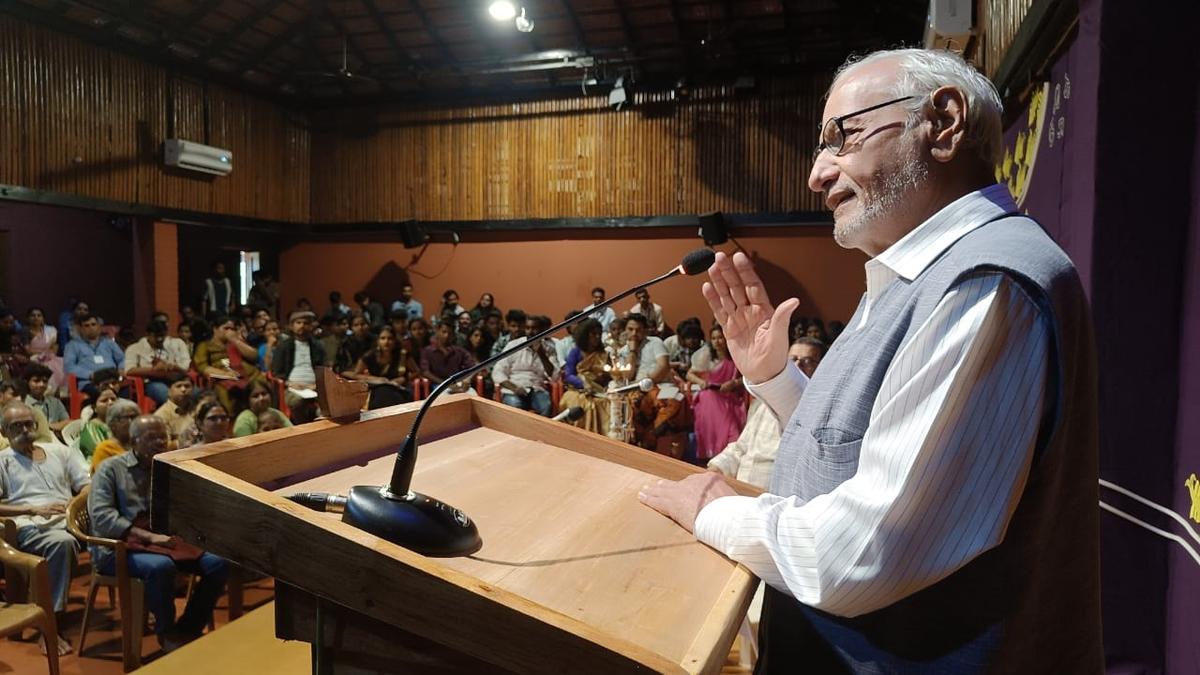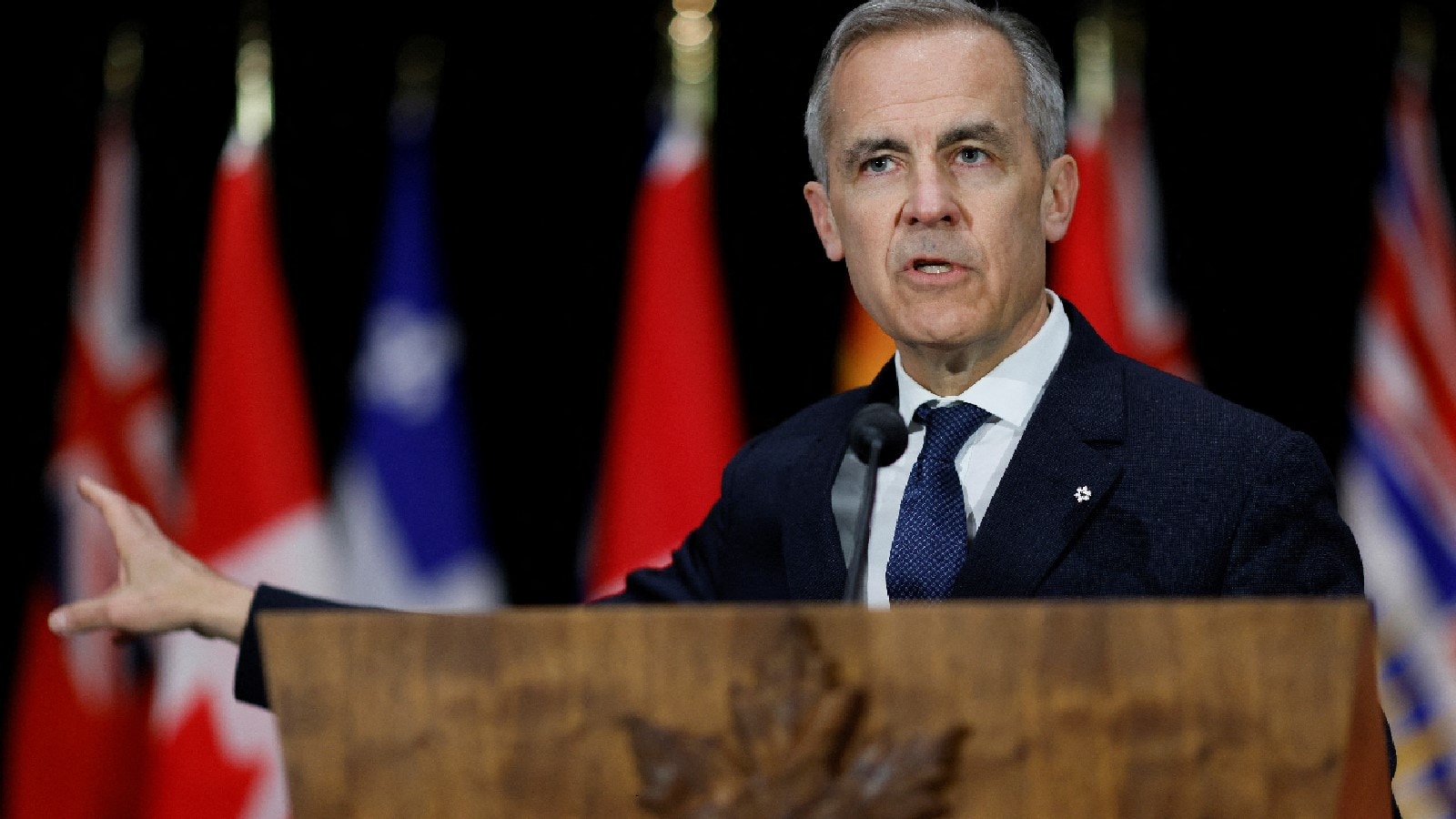‘Translating Kumaravyasa’s classic Kannada Mahabharata Karnata Bharata Kathamanjari is a difficult task’
By The Hindu Bureau
Copyright thehindu

Translating Kumaravyasa’s classic Kannada Mahabharata, Karnata Bharata Kathamanjari, into English was a difficult task, and the translators struggled for suitable words at many times, said Krishnamurthy Hanuru, a retired professor of Kannada.
Participating in a discussion as part of the five-day Kalegala Sangada Mathukate, a conversation with arts, which is an annual event organised by Ninasam at Heggodu on Wednesday, Mr. Hanuru said that being part of the editing team, many times it felt like the work should not have been chosen for translation.
Harvard University Press’ Murthy Classical Library of India has published a volume of Kumaravyasa’s Kannada Mahabharata. A team headed by S.N. Sridhar, a professor at Stony Brook University, brought out the translation.
“Kumaravyasa’s text composed in Bhamini Shatpadi, a six-line stanza form which is known for its poetic elegance and lyrical brilliance. It has 8,500 six-line stanzas. We, after a laborious work, chose 2,500 stanzas for translation, ensuring that the flow of the content is not disturbed. As we read his stanzas, it is so easy to read and understand. But when it comes to translating it into English, the task was difficult. Sometimes, we just went to take a walk, giving up the task on hand temporarily,” said Mr. Hanuru.
Mr. Hanuru said that the 15th Century poet had reached the readers across the Kannada-speaking world because of lyrical excellence. Over the centuries, many reprinted his work and lakhs of copies were sold. Kengal Hanumanthaiah, when he was the Chief Minister, brought out an edition of Kumaravyasa Bharata, which was edited by Kuvempu and Masti Venkatesha Iyengar, and sold it at ₹2 a copy. “No other poet has reached the audience as Kumaravyasa has,” he said.
Rajendra Chenni, retired professor of English, commenting on the English translation, felt that it would be difficult to carry the connotations, intonations, and lyrical beauty of the Kumaravyasa’s text into English. “He uses same words at several places to convey different meanings. There are some expressions that cannot be translated. Because the exercise is a challenge and it has limitations, translation is essential,” he added.
Harish Trivedi, an English professor at Delhi University, inaugurated the five-day event with a talk on translations and adaptations. He expressed his belief that there are no original works and that all works are adaptations. “There are different versions of Mahabharata and Ramayana in India and all are adaptations to the local region, native language and culture,” he said.
Gamaka exponents A.V. Prasanna and Nirmala Prasanna presented excerpts from Kumaravyasa Bharata. In the evening, Ninasam Tirugata staged Hrudayada Teerpu, a play based on a Banu Mushtaq’s short story. The play was directed by M. Ganesh.
Many artists, writers, and critics were taking part in the event that would conclude on October 5.



